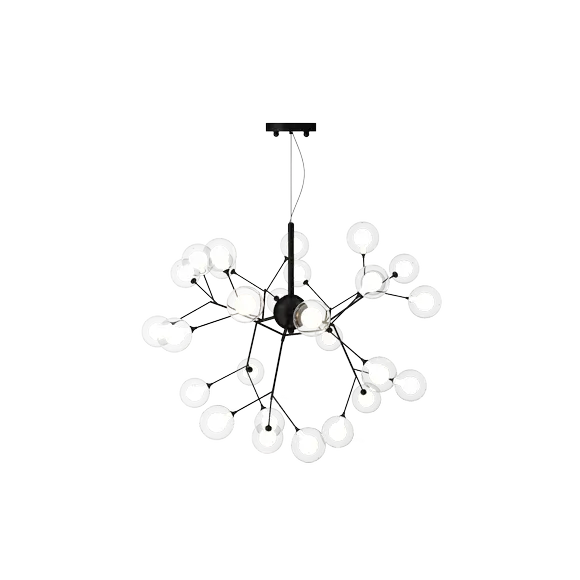What is a 24-Hour Circuit?
A 24-hour circuit is an electrical circuit that is designed to provide continuous power throughout the day and night. It is essential for applications where constant power supply is crucial to safety, security, or critical operations.
Key Features of a 24-Hour Circuit
- Uninterrupted Power Supply: The primary feature of a 24-hour circuit is its ability to deliver consistent power without breaks, ensuring that connected systems remain operational at all times.
- Dedicated Line: Often, a 24-hour circuit is a dedicated line, meaning it serves a specific purpose or device and is not shared with other systems, minimizing the risk of overload or electrical interference.
Common Applications
- Security Systems: Including alarms, surveillance cameras, and access control systems that require constant power to ensure security measures are always active.
- Medical Equipment: Such as life support machines and other hospital devices that must operate continuously to safeguard patient health.
- Data Centers: Where servers and network equipment need constant power to maintain data integrity and uptime.
- Emergency Lighting: In buildings and public spaces, ensuring illumination in case of power failures or emergencies.
Installation Considerations
- Professional Installation: Given the importance of reliability, a 24-hour circuit should be installed by a certified electrician familiar with local electrical codes and standards.
- Circuit Design: Careful planning of the circuit design is crucial to ensure it can handle the expected load and has appropriate safety features like surge protection and fault isolation.
- Backup Systems: For critical applications, incorporating uninterruptible power supplies (UPS) or backup generators can provide an additional layer of security against power outages.
Maintenance and Safety
- Regular Inspections: Scheduled maintenance checks are essential to ensure the integrity and functionality of the 24-hour circuit.
- Safety Checks: Regular testing of safety mechanisms, such as circuit breakers and ground fault circuit interrupters (GFCIs), to prevent electrical hazards.
- Upgrade Considerations: As technology advances or additional loads are added, the 24-hour circuit may require upgrades or modifications to maintain efficiency and safety.
Advantages of a 24-Hour Circuit
- Reliability: Provides the assurance that essential systems will remain operational regardless of general power fluctuations or outages.
- Safety and Security: Enhances safety and security by ensuring that critical systems are never without power.
- Compliance: Meets legal and regulatory requirements for certain systems to have continuous power supply.
















